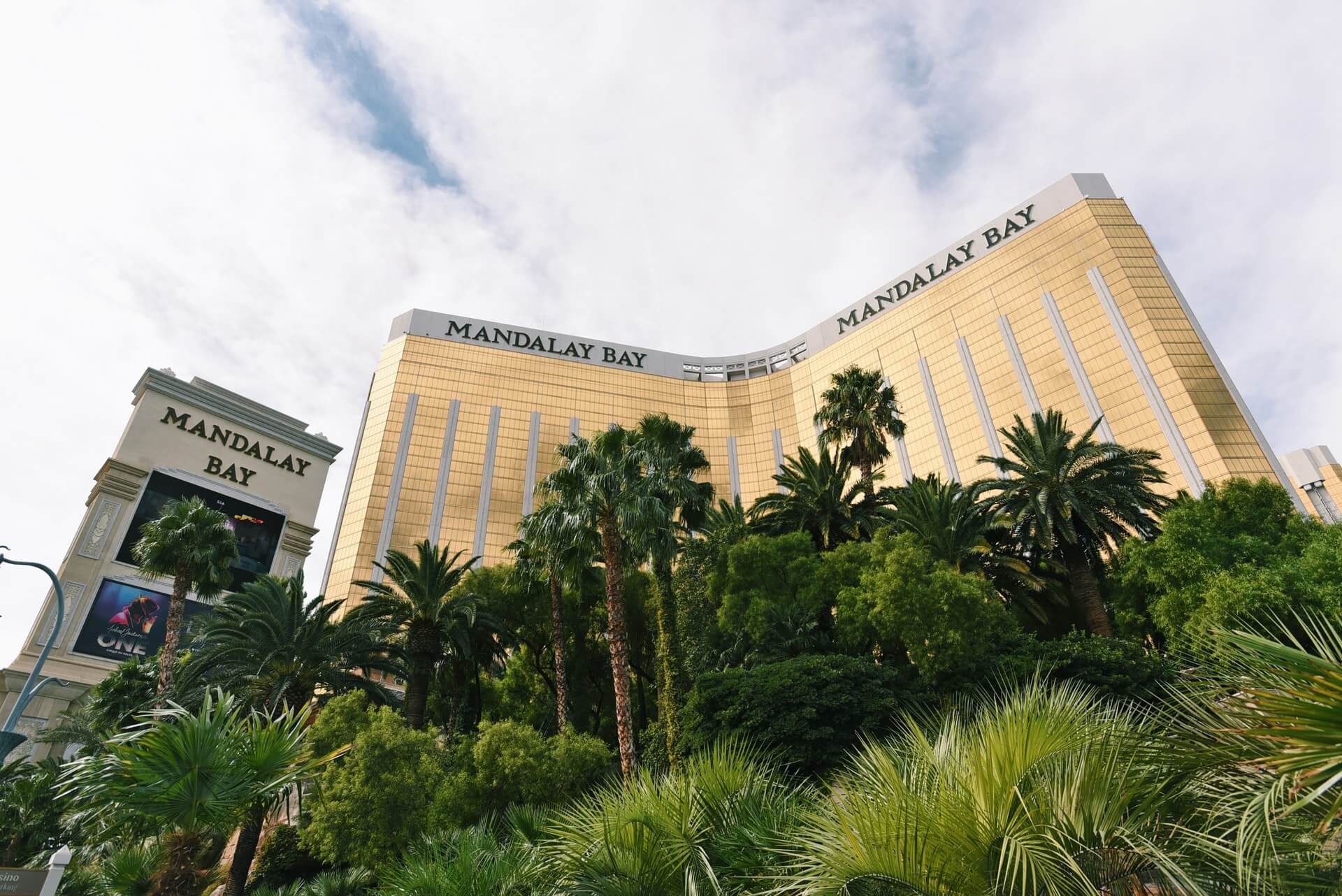Key Themes from HD Expo 2022
by David Klemt

The educational conference sessions at Hospitality Design Expo 2022 in Las Vegas were connected by a number of key, overarching themes.
Hosted by the Mandalay Bay Convention Center, HD Expo packed each day with invaluable education. Founders, designers, highly placed executives, and other influential industry professionals addressed a wide range of crucial topics.
Below are five key topics and themes from HD Expo 2022.
Sustainability
Unsurprisingly, sustainability was one of the most-discussed topics.
Of course, conversations about sustainable design, construction, and operational practices have been at the forefront of hospitality for several years now. However, the topic seemed supercharged this year at HD Expo.
Drilling down, speakers at the 2022 show are focusing on “building performance,” light-touch construction, and waste recovery, to name but a few session topics.
When some think about sustainability, they think of low- and no-waste practices, energy efficiency, and upcycling. For others, being sustainable means building in an eco-friendly or green way.
However, several HD Expo 2022 speakers, their teams and agencies, and their partners and clients are thinking more locally. The impact of building and operating on local communities is now a greater focus.
For example, Victor Body-Lawson, founder and principal of Body Lawson Associates Architects & Planners. During a panel he co-presented, Body-Lawson addressed the importance of designing, building, and operating for the local community.
In short, he explained how not using local materials and labor has a significant negative impact on the environment. Additionally, Body-Lawson feels that the objective of design is that whomever engages with end product—commercial or residential—comes out better.
Wellness
Refreshingly, it appears the stigma surrounding wellness is dissipating. More people seem to be more comfortable discussing their mental and emotional health openly.
Designers and their clients, particularly in the hotel and resort space, are taking note.
Long a staple amenity, the health center is undergoing reinvention. In fact, many resorts and hotels are focusing on wellness centers and programming.
In fact, a number of concepts are more wellness and healing getaway than hotel or resort. One such project coming to market is the Jenesis House.
The creation of Jenesis Laforcarde, this concept’s focus is explicitly mental health, physical well-being, and self-care. Additional core values are community, hiring local, and engaging with local small businesses.
Diversity, Equity, Inclusion
Like the topic of wellness, DEI has received more earnest attention during the pandemic. And why not? Diversity, inclusion, and equity are inextricably connected to wellness.
Of course, DEI is also connected to community. Moving forward, designers, their partners, and their clients must focus on DEI within their companies and local communities.
One hotel brand that seeks to embody this mission is Caption, part of the Hyatt portfolio. Crystal Vinisse Thomas, VP and global brand leader of lifestyle and luxury brands for Hyatt, is bringing Caption to market.
At this brand’s core is community. Locals are as important as the travelers staying at a Caption property. And, again, why shouldn’t that be the case?
Locals will work at the hotel. Locals will use the hotel. And locals will feel the impact—positive or negative—of the hotel.
A visit to the website provides all the proof anyone needs that Caption is committed to locals:
- “The people make the place here. We hire local, buy local, and vibe local.”
- “We strive to be a good neighbor.”
Interestingly, Thomas tied DEI and the community together. While it may be a difficult conversation to start, if a designer, executive, partner, or client sees that a project isn’t representing the community, they need to address it.
Staying silent isn’t how things move forward. In fact, it’s a sure-fire way to take steps backward.
Discovery
What keeps guests coming back? Is it the amenities of a hotel? The food and beverage? Do guests return because of the service they receive?
Of course. However, a shift in guest behavior and expectations shows that F&B, amenities, and service may no longer be enough to motivate repeat visits.
When it comes to hotel and resort design, the future is discovery. Another way to think about discovery is the “hotel within the hotel,” or “resort inside the resort.” A concept that embraces this approach reveals layers that guests can discover.
Perhaps their first stay is in the main or more traditional space. Then, the guest discovers that there are different areas they can book for a stay. These could be villas, luxury tents, a pre-fab luxury Moliving unit (as an example)…
The point is that the guest knows they can engage with the property differently during each stay. While there are core elements that define a particular brand, they can deliver different experiences on the same property.
Of course, such a concept also ties into the themes of community and wellness. Many brands are eschewing the traditional operational ethos of attempting to keep a guest on property for as long as possible. Instead, the local community is a key experiential element of a hotel or resort.
The future of hospitality design—indeed, of hospitality as a whole—encompasses each of these themes. Perhaps most importantly, each theme serves a greater concept: Community.
Image: tommao wang on Unsplash

